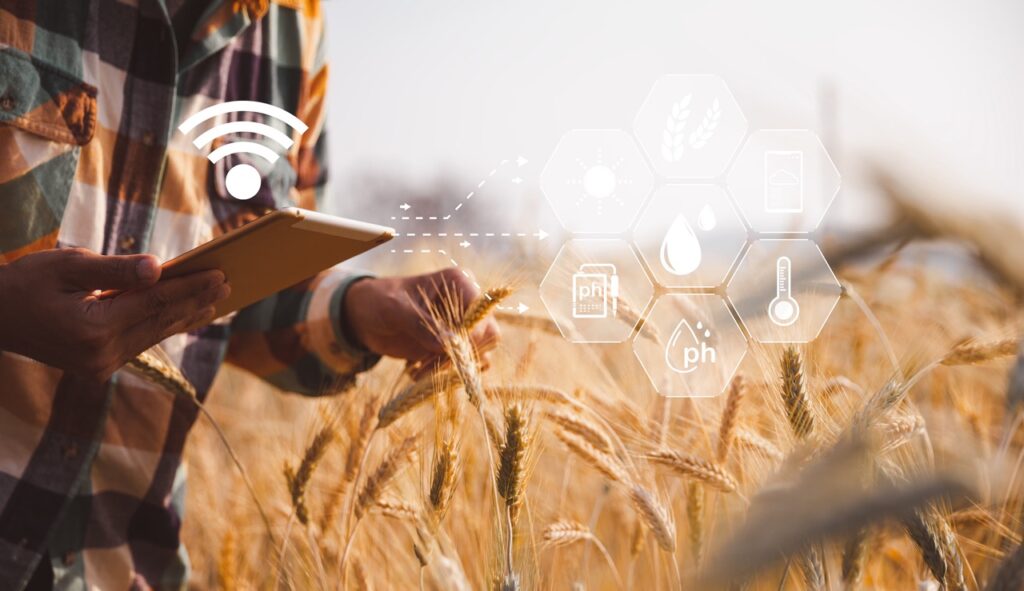During the 2016 election season, we’ve seen considerable media coverage on big data and predictive analytics. The access to massive quantities of data has played an increasingly important role not only for predicting the election winner, but also for driving candidates’ campaigns. During the 2012 election we saw political data science and big data leveraged by campaign managers to tap into the public opinions of the candidates. The information garnered from those data points led to decisions that shaped campaign strategies.
Since 2012, we’ve seen substantial advancements in political data analytics. A recent Forbes article explains this well, “In recent years, political data analytics has advanced from simple micro targeting to true predictive data science, and the track record is good. Some of the brightest minds in the field are using massive amounts of data, complex models and advanced algorithms to determine the best way to appeal to big swathes of the electorate without alienating possible converts.” A GOP strategist recently claimed that analysts have about 400 data points stored for the average American voter and noted that they are constantly querying the database for insight. Predictive Analytics is an increasingly useful and complex practice — and it is not limited to presidential elections. It can be used in almost every industry to drive intelligent and informed business decisions.
First, let’s define predictive analytics in relation to this post. This definition from TechTarget highlights the role of statistical analysis and machine learning to arrive at an actionable model:
“Predictive analytics is a form of advanced analytics that uses both new and historical data to forecast future activity, behavior and trends. It involves applying statistical analysis techniques, analytical queries and automated machine learning algorithms to data sets to create predictive models that place a numerical value, or score, on the likelihood of particular events happening.”
Beyond the Election
With the rise of the Internet of Things (IoT) we are currently seeing predictive analytics leveraged for applications across industries to help organizations make better operating decisions. Here are a few application examples recently highlighted in Forbes:
- Models designed to predict where crimes will be committed
- Predicting the price of oil
- Insight into how upcoming events might influence a business
- Predicting the probability of success for a startup
- Identifying trends in the academic literature
Predictive Analytics and S2S Communications
Today, there are technology solutions designed for intelligence-enabled decision making. Sensor-2-Server (S2S) communication solutions in particular, help meet the increasing demand for data. S2S by definition is an intelligent communication that begins at the sensor level and targets servers for specific reasons. With an intelligent communication system to enable predictive analytics, operators can leverage new technology to improve the profitability of their businesses.
As an example, let’s look at the one of the predictive analytics use cases listed above– a model for predicting the price of oil. If an oil and gas company has an intelligent system in place, it can respond in real-time to its oil production levels. The data can help operators determine if production should be increased or decreased in certain areas to maximize profitability.
Predictive Analytics Recap
Predictive analytics engines allow organizations to analyze more data, faster. Key decision makers gain insight into trends and patterns that may be otherwise overlooked. They can make intelligent predictions that shape business operations and strategy. With the right techniques in place, an organization will make better decisions, cut costs and increase profitability.
And for those who are running for public office? They now have more insight into the opinions and trends for voters than ever before. This has changed the game in a lot of ways because campaigns can be tailored to an audience based on specific data.



